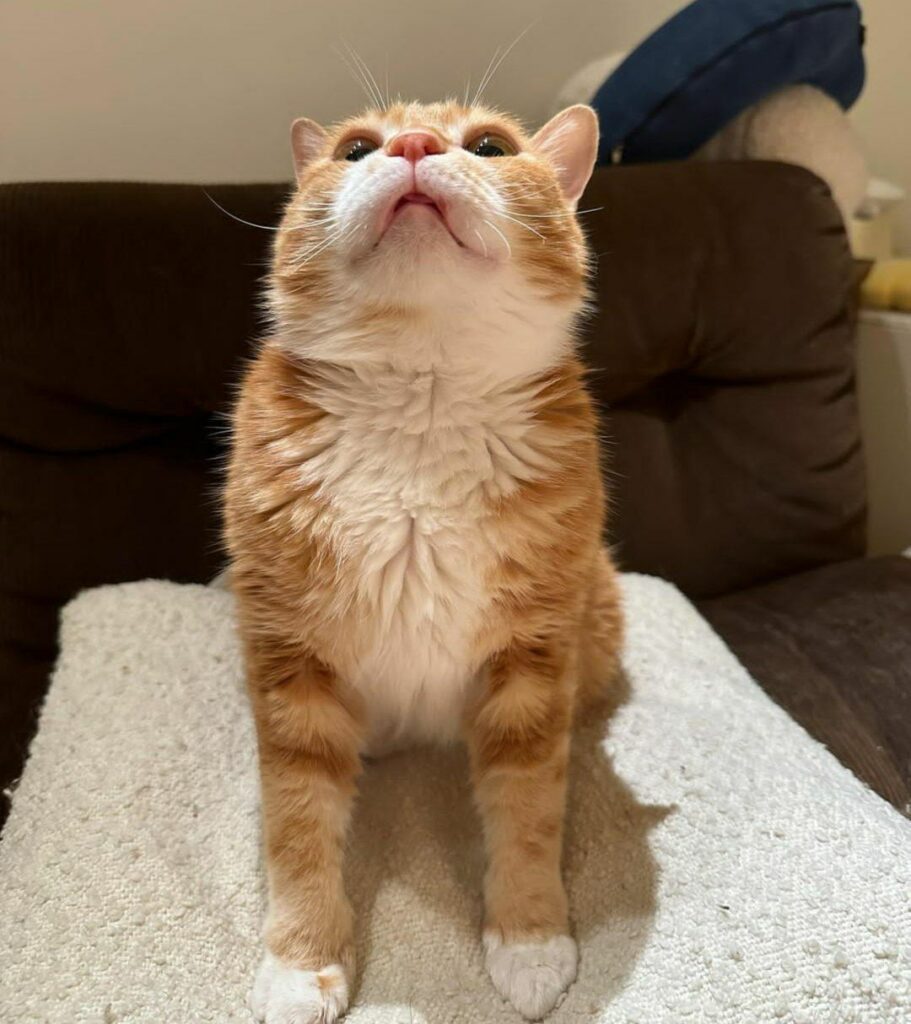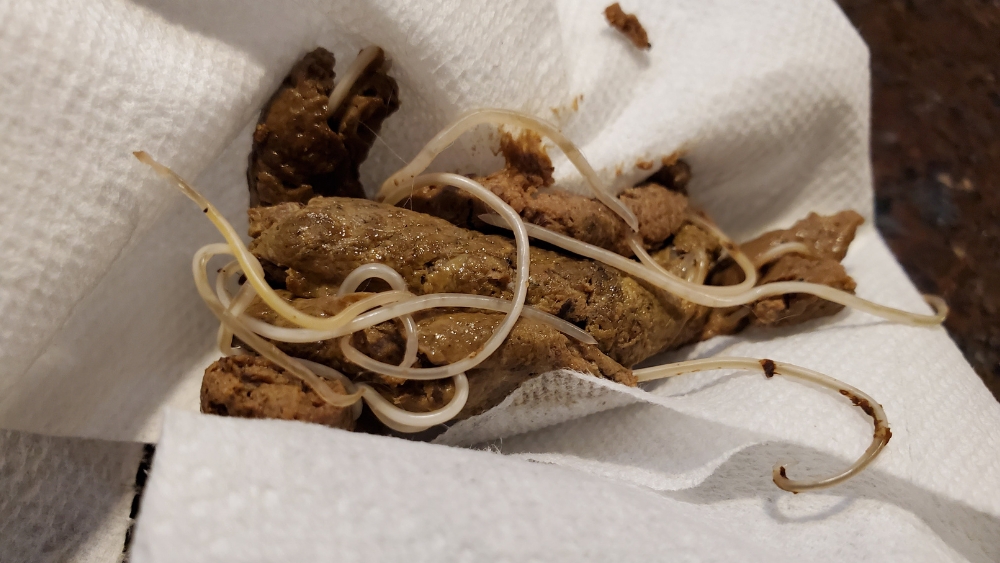Having a Healthy Kitten
Cracking the Kitten Code: Top Tips for a Happy & Healthy Furry Friend
Kittens are a whirlwind of playful energy and heart-melting cuteness. But keeping those tiny tigers happy and healthy requires a little know-how. Fear not, fellow feline fanatic! Royal Canin’s vets and nutritionists have compiled these purrfect tips to ensure your kitten thrives:
1. Become a Feline Body Language Whisperer:
Kittens can’t tell you how they’re feeling in words, but their bodies speak volumes! Learn to decipher their subtle cues. Flattened ears and a swishing tail might indicate they’re feeling scared or stressed. If you notice any concerning changes in behavior, consult your vet for peace of mind.

2. Fueling Feline Fitness: The Power of Proper Nutrition:
Just like little superheroes, kittens need the right fuel for their growth and development. A complete and balanced kitten diet provides all the essential nutrients to build strong muscles, bones, and a robust immune system. Ask your veterinarian for recommendations on the best food to keep your tiny warrior healthy.
3. Sleep is a Kitten’s Superpower:
Those bursts of playful energy might fool you, but kittens actually need a lot of sleep! Ensure your little furball has a cozy, quiet haven to recharge. Resist the urge to wake them up while they’re napping – uninterrupted sleep is crucial for growth and development.
4. Playtime Makes Purrfect Days:
While sleep is essential, kittens also crave playtime to expend their boundless energy. Dedicate time each day to interactive play sessions. Feathers, wand toys, and crinkly balls are all great options to stimulate your kitten’s natural hunting instincts and strengthen your bond.
5. Building Confidence: The Importance of Positive Handling:
Kittens who are comfortable being handled by different people tend to be more confident and adaptable throughout their lives. Gently hold your kitten, stroke them regularly, and introduce them to new people in a positive and reassuring manner.
6. Vaccination Vacation? Not for Kittens:
Vaccinations are vital for protecting your kitten from serious illnesses. Follow your veterinarian’s recommended vaccination schedule to ensure your feline friend stays healthy and happy.

Keeping Your Kitten Worm-Free: A Guide to Prevention and Treatment
Those adorable meows and playful pounces deserve to be worm-free! Worms are a common parasite in kittens, but fear not, fellow feline fanatic! Here’s a comprehensive guide to keeping your tiny tiger healthy and worm-free, packed with preventative measures and treatment options:

Why Worry About Worms?
Worms are sneaky little internal parasites that can steal nutrients from your kitten, hindering their growth and development. Different types of worms can infect kittens, including roundworms, hookworms, tapeworms, and whipworms. Each type comes with its own set of yucky symptoms, like weight loss, vomiting, diarrhea, and a dull coat.
Prevention is Purrfect!
The good news is that preventing worms is much easier than dealing with an infestation. Here are some key strategies to keep your kitten worm-free:
- Start Early: Talk to your veterinarian about a deworming schedule as soon as you welcome your new kitten into your home. Early deworming is crucial to prevent worm problems before they start.
- Regular Checkups: Schedule regular vet visits for your kitten. These visits often include deworming treatments to ensure continued protection.
- Flea Control: Did you know fleas can transmit tapeworms to kittens? A consistent flea control regimen goes hand-in-hand with worm prevention.
- Cleanliness is Key: Maintaining a clean environment is vital. Regularly clean your kitten’s litter box and prevent them from coming into contact with feces from other animals, which can harbor worm eggs.

Signs of Trouble: When to See the Vet
While prevention is key, it’s important to be aware of signs that might indicate your kitten has worms. Here are some red flags to watch out for:
- Visible Worms: Seeing worms in your kitten’s stool is a clear sign of an infestation.
- Weight Loss: Unexplained weight loss in a kitten can be a symptom of worms.
- Vomiting or Diarrhea: Persistent vomiting or diarrhea can indicate a worm problem.
- Potbelly: A swollen belly in a kitten can be a sign of a worm infestation.
- Lethargy: If your kitten seems unusually lethargic or inactive, it could be due to worms.
Treatment Time:
If you suspect your kitten has worms, don’t hesitate to contact your veterinarian. They will diagnose the specific type of worm and recommend the appropriate treatment plan. This typically involves a deworming medication, either oral or topical, depending on the situation.
Remember:
By following these preventative measures and staying alert for potential signs of infection, you can keep your kitten healthy and worm-free. A healthy kitten translates to a happy you, so get ready for a lifetime of purrs, cuddles, and playful adventures with your furry friend!

